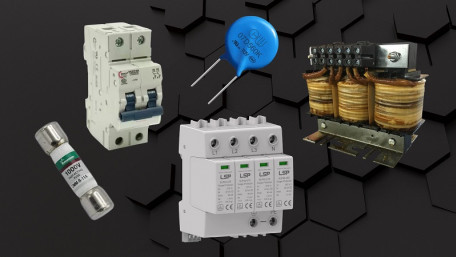
Protection against faults is crucial for any electrical system. This article examines various protective devices, highlighting their roles and best use cases to…
Protection against faults is crucial for any electrical system. This article examines various protective devices, highlighting their roles and best use cases to ensure system integrity and longevity.
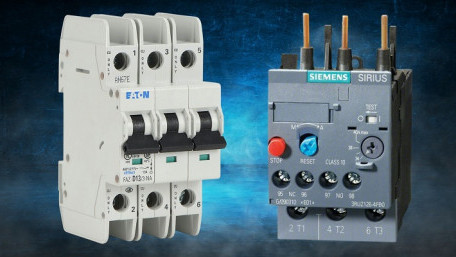
We know what a circuit breaker is meant to do: stop the flow of electricity in case of a fault or failure. But just like…
We know what a circuit breaker is meant to do: stop the flow of electricity in case of a fault or failure. But just like fuses, breakers and overloads respond differently depending on the load.
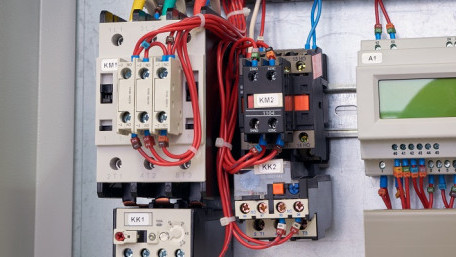
This article investigates the basic components and wiring conventions for common three-phase motor starter…
This article investigates the basic components and wiring conventions for common three-phase motor starter configurations, including direct online, reversing, and star-delta.
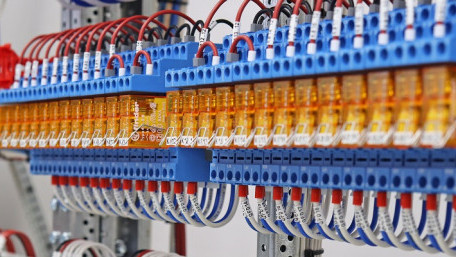
Have you ever heard of a relay? Of course you have. There are many different kinds, plus hundreds of different trade…
Have you ever heard of a relay? Of course you have. There are many different kinds, plus hundreds of different trade lingo names. What are some of the most common, and how do we use them?
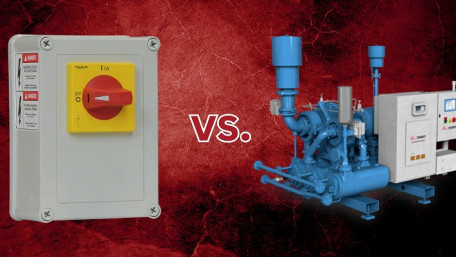
Knowing what kind of control system to use: that’s a question that must be answered before setting up the factory…
Knowing what kind of control system to use: that’s a question that must be answered before setting up the factory floor. Why would someone choose pneumatic over electrical controls?
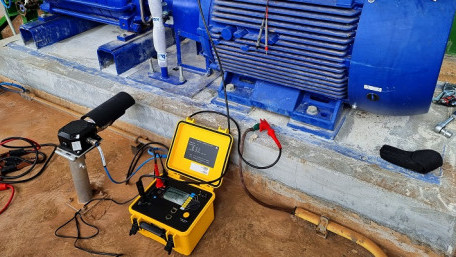
Within motors, two very different types of resistance are evident. The resistance of the windings is measured with a…
Within motors, two very different types of resistance are evident. The resistance of the windings is measured with a normal multimeter. But what is insulation resistance, and how is it measured?
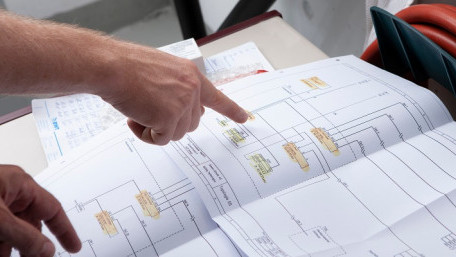
In order to trace control system problems to the core, the ability to read and interpret various resources, from…
In order to trace control system problems to the core, the ability to read and interpret various resources, from facility-level diagrams to machine-level wiring layouts, is critical.
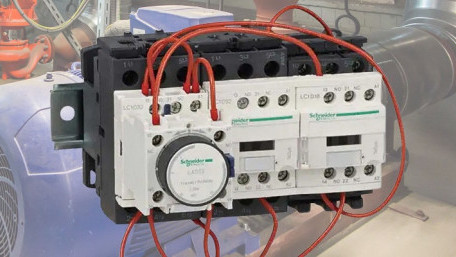
Digital controls like VFDs and soft starts have advantages by elongating start time, but simple strategies for starting…
Digital controls like VFDs and soft starts have advantages by elongating start time, but simple strategies for starting motors with a reduced current draw, like star-delta (or wye-delta) are common.
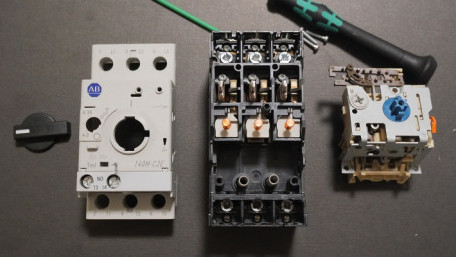
We depend on circuit breakers all the time, even when you have a day off or work from home. These overcurrent protection…
We depend on circuit breakers all the time, even when you have a day off or work from home. These overcurrent protection devices keep machines running safely, reducing the risk of fires and arcing.
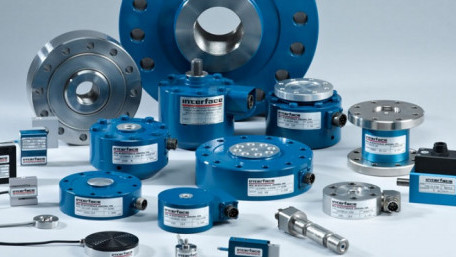
In this article, we will explore real-world considerations for strain gauge performance and typical applications. We’ll…
In this article, we will explore real-world considerations for strain gauge performance and typical applications. We’ll be talking about foil and wire strain gauges, but ignoring semiconductors.
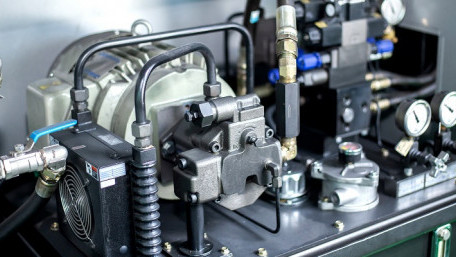
Pressures are always rising and falling in fluid systems. Sometimes the changes are extreme and lead to damage. What…
Pressures are always rising and falling in fluid systems. Sometimes the changes are extreme and lead to damage. What causes problematic pressure changes, and how can you trace them to their source?
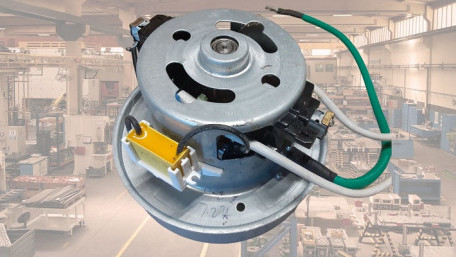
Single-phase motors are common in household and small industrial devices. They are a bit more complex than 3-phase…
Single-phase motors are common in household and small industrial devices. They are a bit more complex than 3-phase models, so it’s important to recognize failure modes and common symptoms.
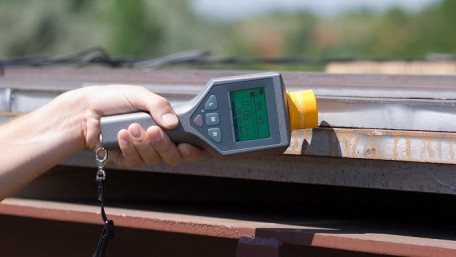
Radiation, despite its reputation in pop culture as a harmful emission resulting from a natural disaster, is a property…
Radiation, despite its reputation in pop culture as a harmful emission resulting from a natural disaster, is a property of many materials and processes and must be carefully monitored for quality and safety.
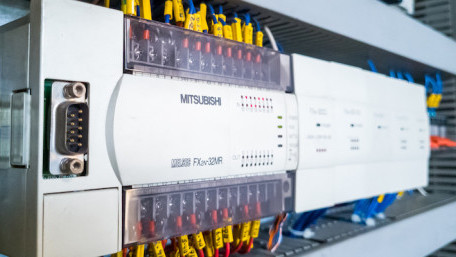
Mitsubishi's FX series PLC is one of MELSOFT GX Developer’s most popular automation solutions for small and…
Mitsubishi's FX series PLC is one of MELSOFT GX Developer’s most popular automation solutions for small and medium-scale applications. Learn how to use GX Developer software to program the FX series PLC.
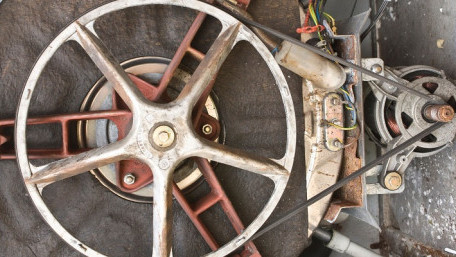
Rubber belts have lived under the hood of nearly every car since they first took to the streets, but they also transmit…
Rubber belts have lived under the hood of nearly every car since they first took to the streets, but they also transmit power through all kinds of industrial machine drives as well.
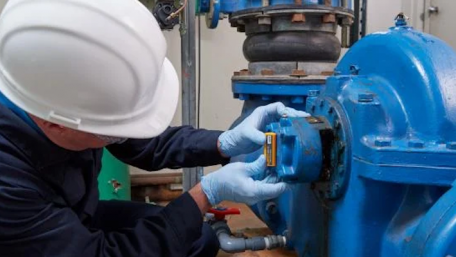
Vibration sensors measure the mechanical vibration of an object, making it possible to monitor machines for early signs…
Vibration sensors measure the mechanical vibration of an object, making it possible to monitor machines for early signs of failure to prevent costly and dangerous breakdowns.
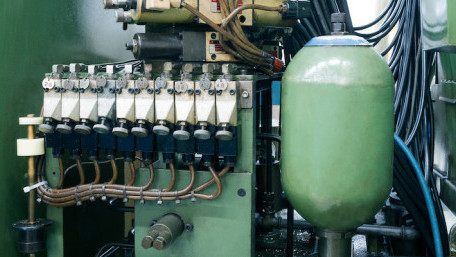
Hydraulic systems suffer from pressure drops and energy loss whenever any fluid is in motion. Learn about these devices…
Hydraulic systems suffer from pressure drops and energy loss whenever any fluid is in motion. Learn about these devices called ‘accumulators’. What are they, how do they work, and why do we need them?
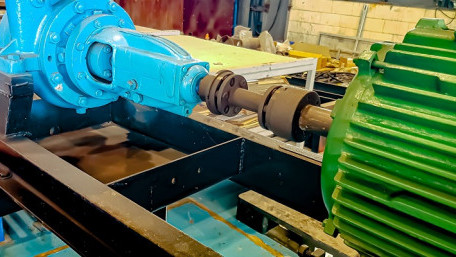
Understanding torque is a key method of preventing damage to machines and ensuring a long lifespan. We have all heard of…
Understanding torque is a key method of preventing damage to machines and ensuring a long lifespan. We have all heard of torque, but what is it, and how is it measured in automated systems?
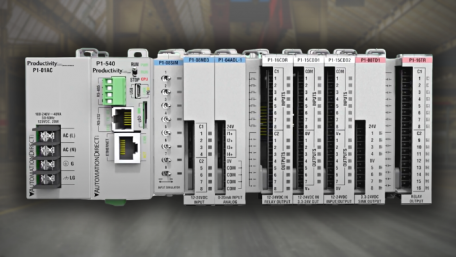
AutomationDirect’s Productivity line of PLCs is known for cost-effectiveness and ease of use. Learn how to build and…
AutomationDirect’s Productivity line of PLCs is known for cost-effectiveness and ease of use. Learn how to build and download a simple program using discrete input and output ladder commands.
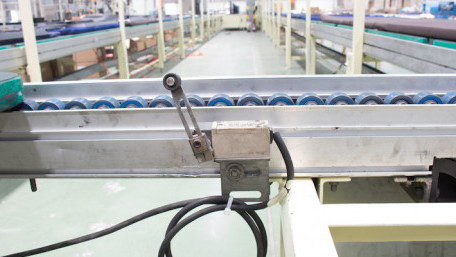
Limit switches are electromechanical devices that open or close contacts when external pressure is applied to an…
Limit switches are electromechanical devices that open or close contacts when external pressure is applied to an actuator. This solves a simple problem faced by motion devices: limiting movement
